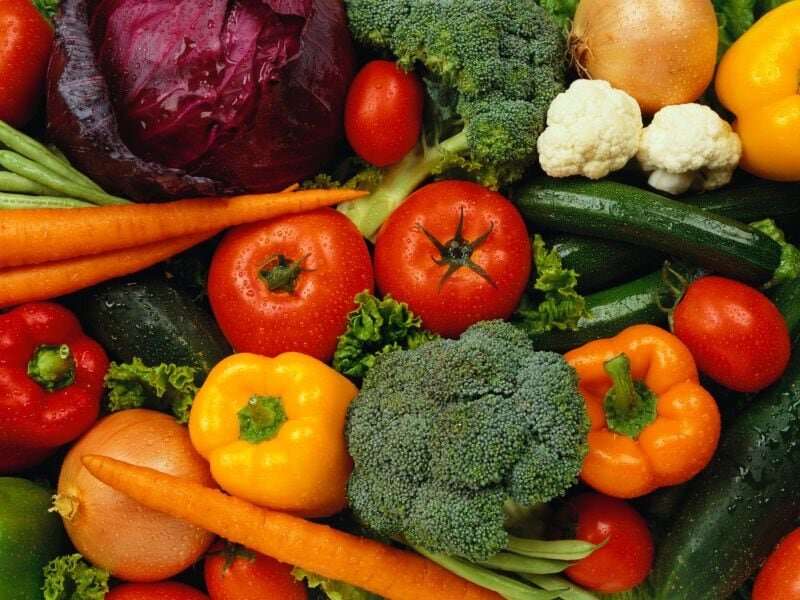(HealthDay)—If you want to live longer, you should choose beans over beef for your protein, a new analysis suggests.
"These findings have important public health implications as intake of plant protein can be increased relatively easily by replacing animal protein and could have a large effect on longevity," the researchers reported.
Diets high in protein from plants—such as legumes (peas, beans and lentils), whole grains and nuts—have been linked to a lower risk of diabetes, heart disease and stroke, while diets high in animal protein have been linked with a number of health problems.
However, there have been conflicting findings on the association between different types of proteins and the risk of early death, so a group of researchers analyzed 32 studies that examined the risk of death from heart disease, cancer and any cause in adults aged 19 and older.
During a follow-up of up to 32 years, just over 113,000 deaths occurred among more than 715,000 participants in the studies. A high intake of total protein was associated with a lower risk of all-cause death.
Consumption of plant protein was associated with an 8% lower risk of death from any cause and a 12% lower risk of death from heart disease. Consumption of animal protein was not significantly associated with risk of death from heart disease or cancer.
Data from 31 of the studies also showed that an additional 3% of energy from plant proteins a day was associated with a 5% lower risk of death from any cause, according to the findings published July 22 in the BMJ.
Possible reasons for the beneficial effects of plant proteins include lower blood pressure, cholesterol and blood sugar levels, which might help reduce the risk of conditions such as heart disease and type 2 diabetes, said Ahmad Esmaillzadeh, a professor of nutrition at Tehran University of Medical Sciences in Iran, and colleagues.
Further research is required, but the study results "strongly support the existing dietary recommendations to increase consumption of plant proteins in the general population," the researchers said in a journal news release.
More information: The U.S. National Heart, Lung, and Blood Institute offers healthy eating advice.
Journal information: British Medical Journal (BMJ)
Copyright © 2020 HealthDay. All rights reserved.
























